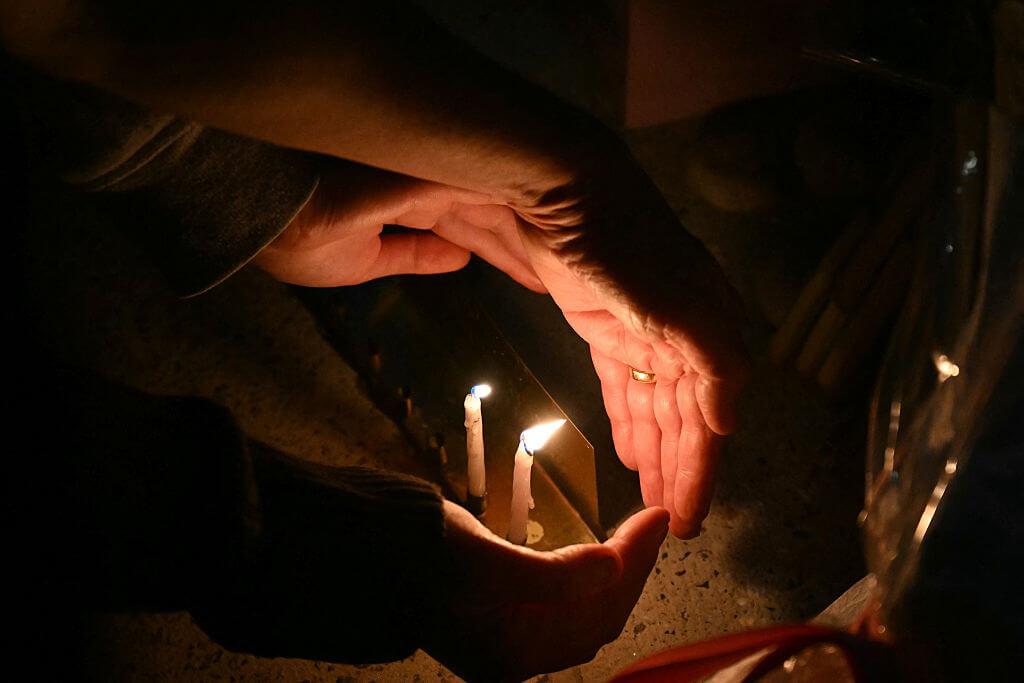Outspoken Ethiopian Chief Rabbi Dumped by Israel Rabbinate

Graphic by Angelie Zaslavsky
JERUSALEM — The Chief Rabbinate will not renew the contract of the chief rabbi of Israel’s Ethiopian community, reportedly because of his criticism against the rabbinate over discrimination in marriage registration of Ethiopian Israelis.
Rabbi Yosef Hadane’s contract expires at the end of July. Army Radio first reported on Monday, citing unnamed senior officials in the Religious Affairs Ministry, that the decision not to extend Hadane’s service came in response to his criticism of racial discrimination by the chief rabbinate against Jewish Ethiopians, in particular his protest of the difficulty Israelis of Ethiopian descent have registering for marriage in Petah Tikvah.
Hadane will be 67 when his contract expires next month, which is the mandatory retirement age. However, other rabbis have been granted automatic extensions once they reach retirement age.
His forced retirement reportedly was announced by the ministry without first discussing it with him, according to Army Radio. He has served in the position for the last three decades.
“‘Rabbi Hadane is an employee of the ministry and will be treated in the same regard and any state employee who retires at age 67. The Rabbi may retire in late July even though he crossed the retirement age seven months ago,” the Religious Affairs Ministry said in a statement,
The Tzohar Rabbinical Organization said in a statement in response to the news of Hadane’s forced retirement: “We are deeply disturbed by the desire to depose Rabbi Yosef Hadane from his position serving the Ethiopian community. Seemingly his only transgression was his brave decision to stand in defense of Ethiopian Jews who had been denied the right to marry according to halacha by the Petah Tikvah Rabbinate.
“It is inconceivable that a rabbi should be deposed by political and bureaucratic figures and Tzohar therefore respectfully urges the Ministry to reconsider this decision which stands in opposition to basic ethics and Jewish values,” the Tzohar statement said.














